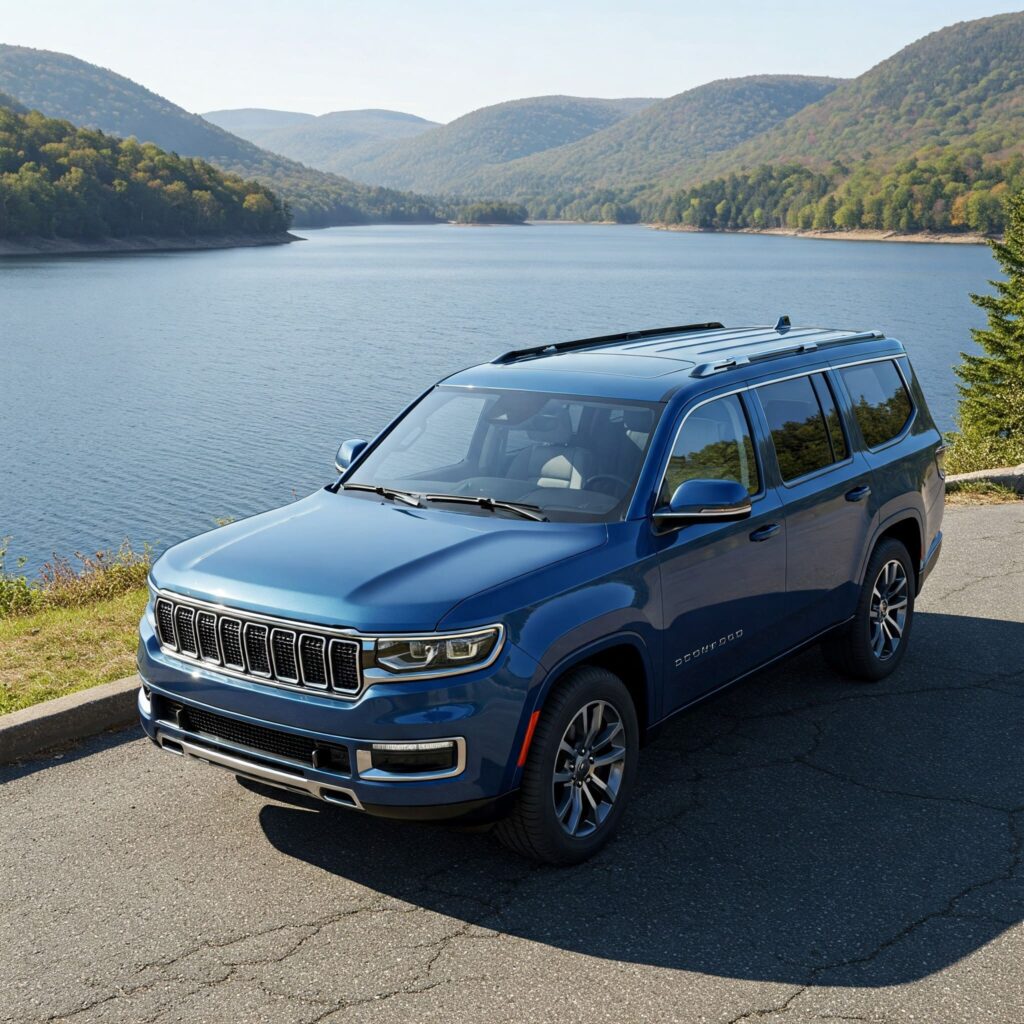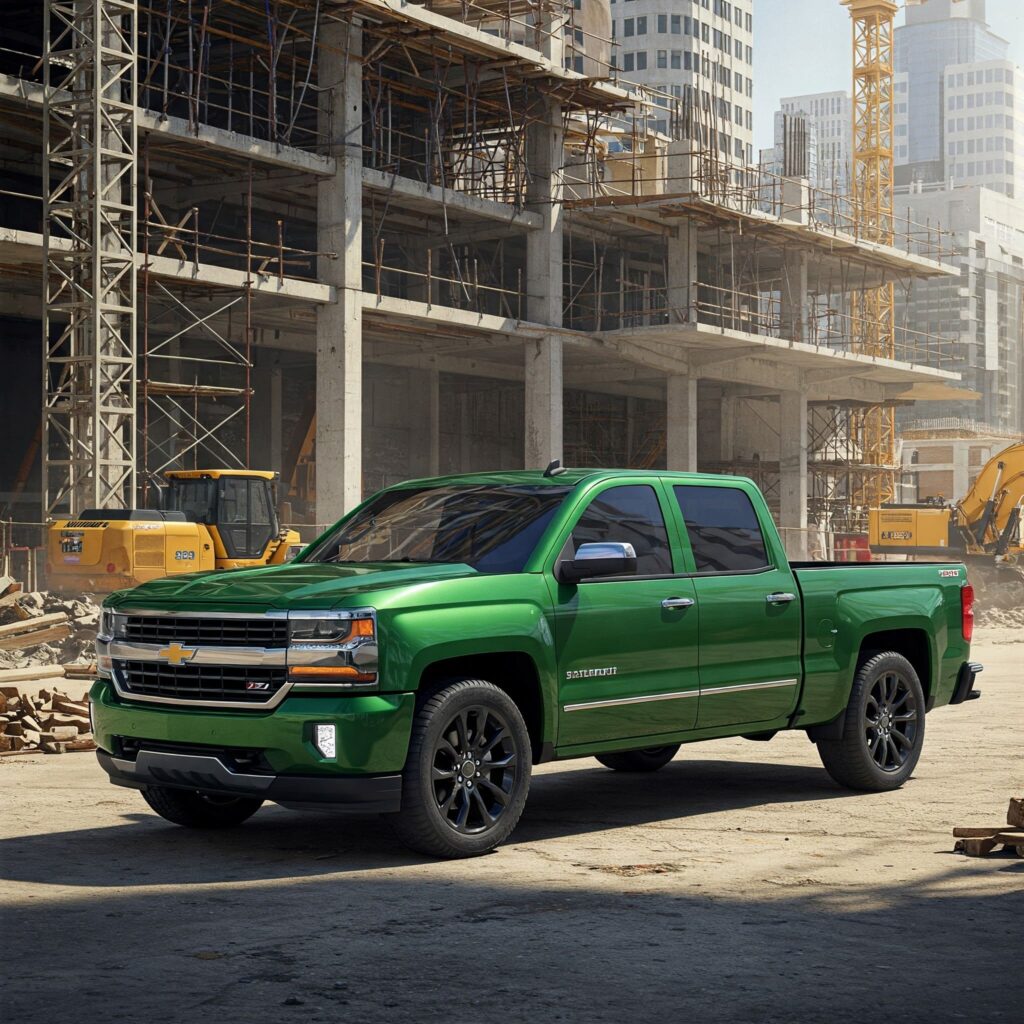Maintaining optimal vehicle performance demands attention to key components like the limited slip differential (LSD.) This sophisticated drivetrain system ensures smooth power distribution and enhanced traction under challenging driving conditions. However, it can only operate correctly when paired with the right gear oil. Choosing the proper lubricant is essential to minimize wear, prevent overheating, and extend the life of your LSD.
Understanding Limited Slip Differentials
Limited Slip Differentials are crucial in vehicles that require improved handling and traction, whether on or off-road. Unlike standard differentials, LSDs are designed to provide power to both wheels while adjusting torque based on each wheel’s grip.
How Limited Slip Differentials Work
Think of the LSD as a middleman between your vehicle’s engine and wheels. Instead of allowing one wheel to spin aimlessly when slipping (as in an open differential,) the LSD redistributes torque to the wheel with better grip. This improved power delivery is made possible through clutch plates, helical gears, or a viscous fluid that regulates wheel speed differences. The result? Better control and stability, especially during sharp turns or on uneven terrain.
Different Types of Limited Slip Differentials
- Clutch-Based LSD: Relies on clutch packs to regulate torque. Common in many sports and performance vehicles, it’s known for effective traction but requires specialized oil.
- Helical (Torsen) LSD: Uses gears instead of clutches to handle torque distribution. These are low-maintenance but can be less efficient in extreme off-road conditions.
- Viscous LSD: Uses a silicon-based fluid that reacts to differences in wheel speed. While simple in design, it’s slower to engage than other types and less common in modern vehicles.
Each type presents unique requirements for lubrication, making it critical to use gear oil tailored to your vehicle’s LSD design.
The Role of Gear Oil in Limited Slip Differentials
Gear oil is more than just a lubricant; it’s the lifeblood of your LSD. It reduces friction, prevents overheating, and protects critical components from excessive wear.
Why LSD-Specific Gear Oil is Essential
Unlike gear oils used in standard differentials, LSD-specific varieties contain friction modifiers. These additives regulate the friction necessary for the clutch packs or other mechanisms to operate smoothly. Without them, you may experience “chatter” – a jerky motion during tight turns caused by inappropriate lubrication.
Consequences of Using Incorrect Gear Oil
Using the wrong gear oil can lead to serious issues, including:
- Overheating: Without proper lubrication, heat buildup increases, risking damage to internal components.
- Excessive Wear: Inadequate oil can accelerate wear on clutches, gears, and bearings.
- Reduced Handling: Poor lubrication impacts your LSD’s ability to distribute torque correctly, compromising performance.

Key Considerations When Selecting Gear Oil for LSDs
Choosing the right gear oil entails more than grabbing the nearest bottle of lubricant. Factors such as viscosity, driving conditions, and manufacturer specifications must guide your choice.
Understanding Viscosity and SAE Ratings
Viscosity refers to how well the oil flows at different temperatures. It’s measured using SAE ratings, such as 75W-90 or 80W-140. For example:
- 75W-90: Ideal for moderate climates, offering excellent protection across a wide range of temperatures.
- 80W-140: Better suited for extreme heat or heavy-duty use, such as towing.
Checking for LSD Compatibility and Friction Modifiers
Always confirm that the gear oil is specifically labeled for LSD applications. This ensures it includes the necessary friction modifiers to reduce chatter and maintain smooth engagement.
Comparison of Popular Gear Oils for Limited Slip Differentials
When it comes to gear oil for LSDs, several brands offer excellent options. Here’s how three popular products stack up:
Royal Purple Max Gear 75W-90
This synthetic oil is a favorite among enthusiasts for its strong film strength and exceptional wear protection. Royal Purple includes friction modifiers, making it suitable for most LSD applications without the need for additional additives.
- Best For: Extreme environments and high-performance vehicles.
- Pros: Outstanding thermal stability, reliable EP protection.
- Cons: Higher cost compared to standard oils, sometimes difficult to find in stores.
Red Line Gear Oil 75W-90
Known for its high-quality additives, Red Line’s 75W-90 oil excels in minimizing gear wear under extreme conditions. It also offers stable viscosity across varying temperatures.
- Best For: High-stress applications like off-roading or heavy towing.
- Pros: Excellent EP protection and reduced deposit formation.
- Cons: Slightly pricier than some competitors.
AMSOIL Severe Gear® Synthetic Gear Lubricants
AMSOIL stands out for its robust durability and long-lasting performance. Designed for heavy-duty use, it offers superior resistance to wear, heat, and oxidation.
- Best For: Performance and commercial vehicles requiring extended oil change intervals.
- Pros: Exceptional wear protection, reduces maintenance frequency.
- Cons: Premium price point.

Maintenance Tips for Your Limited Slip Differential
Proper care extends the life of your LSD and ensures consistent performance. Here’s how to keep it in optimal condition:
Frequency of Gear Oil Changes
Follow the manufacturer’s recommendations, typically every 30,000 to 60,000 miles, or sooner under heavy use. Neglecting oil changes can lead to diminished performance and costly repairs.
Signs It’s Time to Replace Gear Oil
Watch for these warnings:
- Clunking or whining noise during turns.
- Vibrations that only occur while driving.
- Milky or discolored oil when checked.
Preventing Common Maintenance Mistakes
- Don’t Overfill: Excess oil can create leaks or increase pressure inside the differential housing.
- Avoid Mixing Oils: Combining different oils can compromise performance and lead to sludge buildup.
- Use the Right Oil: Ensure the product meets your LSD’s specifications.
Learn how to install a limited-slip differential in a 1996 Ford Mustang GT by following the detailed step-by-step guide here.
Conclusion
Choosing the right gear oil for limited slip differentials is key to preserving performance and avoiding costly repairs. By understanding your LSD’s needs and using a high-quality lubricant like Royal Purple, Red Line, or AMSOIL, you can ensure smooth operation and longevity. Pair this with regular maintenance, and your vehicle will stay road-ready for years to come. For more details on high-performance motor oils, explore Red Line here, Royal Purple here, and AMSOIL here.
